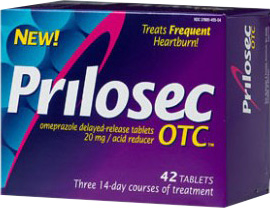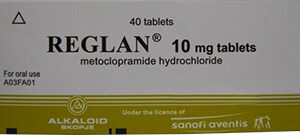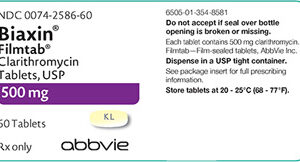Protonix Overview
Protonix, the brand name for pantoprazole, is a medication classified under proton pump inhibitors (PPIs). It functions by reducing the amount of acid produced in the stomach, making it effective in treating and preventing conditions arising from excessive stomach acid.
Indications for Use
Protonix is primarily prescribed for the treatment of gastroesophageal reflux disease (GERD), erosive esophagitis, Zollinger-Ellison syndrome, and other conditions causing hypersecretion of stomach acid. It is also utilized in the healing of duodenal and gastric ulcers.
Dosage and Administration
The recommended dosage of Protonix varies depending on the condition being treated. It is available in the form of oral tablets and intravenous injections. For GERD, the common oral dose is 40 mg once daily for up to 8 weeks. For maintenance of healing erosive esophagitis, a reduced dosage may be used. Intravenous use is generally reserved for patients who are unable to take the oral form. Protonix should be taken prior to eating, preferably in the morning, and swallowed whole, not crushed or chewed.
Drug Interactions
Concomitant use of Protonix with certain medications can affect drug efficacy or increase the risk of adverse reactions. Medications such as ketoconazole, warfarin, and digoxin have known interactions with PPIs and require careful monitoring when administered alongside Protonix. Additionally, Protonix may diminish the absorption of drugs that require an acidic environment to dissolve.
Protonix Side Effects
Common side effects associated with Protonix usage include headache, diarrhea, nausea, abdominal pain, and vomiting. Less frequently, it may cause dizziness, joint pain, or an allergic reaction. Severe reactions, though rare, such as Clostridium difficile-associated diarrhea or bone fractures, necessitate immediate medical attention.
Contraindications and Cautions
Protonix is contraindicated in patients with known hypersensitivity to pantoprazole or other PPIs. Caution is advised in patients with severe liver impairment, osteoporosis, and those at risk for magnesium or vitamin B12 deficiency. Long-term use should be approached with caution as it may increase the risk of certain negative conditions.
Clinical Pharmacology
Upon administration, pantoprazole acts by binding to the H+/K+ ATPase enzyme system at the parietal cell level, leading to profound and sustained suppression of gastric acid secretion. The drug exhibits a dose-related effect and typically offers symptom relief and healing of acid-related diseases.
Warnings and Precautions
Patients should be informed about the potentials for serious side effects with prolonged use of Protonix, such as hypomagnesemia, atrophic gastritis, and interstitial nephritis. Additionally, rebound acid hypersecretion can occur after discontinuation. Warnings also extend to the potential risk of Clostridium difficile infection and bone fractures.
Use in Specific Groups
Special consideration is given for administering Protonix to specific populations like pregnant or breastfeeding women, the elderly, and pediatric patients. The drug should be used during pregnancy only if the potential benefit justifies the potential risk to the fetus. Caution is advised if administered to nursing mothers. Dosing adjustments may be necessary for the elderly and for children, depending on their specific condition and response to the medication.
Safety and Effectiveness
Protonix has been widely studied and found to be safe and effective for the treatment of acid-related disorders when used as directed. In clinical studies, Protonix has shown significant healing rates for erosive esophagitis and symptom control in GERD patients compared to placebo.
Storing Protonix
Protonix tablets should be stored at room temperature, away from moisture and heat. The drug should be kept in its original packaging until ready to use to protect from light and moisture. For the intravenous form, unused portions should be discarded after 12 hours.
Patient Counseling Points
During patient consultations, it is imperative to review the correct method of taking Protonix, the importance of consistent medication intake, and the necessity of returning for follow-up appointments. Patients should also be informed about potential side effects and the importance of promptly reporting severe or persistent symptoms.
Evidence from Clinical Trials
Clinical trials for Protonix have validated its effectiveness in treating GERD and erosive esophagitis. Trials have also examined the use of Protonix in preventing relapse after healing. Results from these studies support the safe and effective use of Protonix in its approved indications.
Considerations for Off-Label Use
While not approved for all conditions associated with stomach acid, Protonix is sometimes prescribed off-label for other acid-related gastrointestinal disorders. Healthcare providers may recommend this medication for unapproved uses if they deem it beneficial for the patient.
Monitoring Patient Response
Due to potential long-term side effects, it is advised to monitor patients on Protonix therapy regularly. Key parameters to observe include serum magnesium, vitamin B12 levels, and bone density, especially in patients undergoing prolonged treatment or with predisposing factors for osteoporosis.





Reviews
There are no reviews yet.